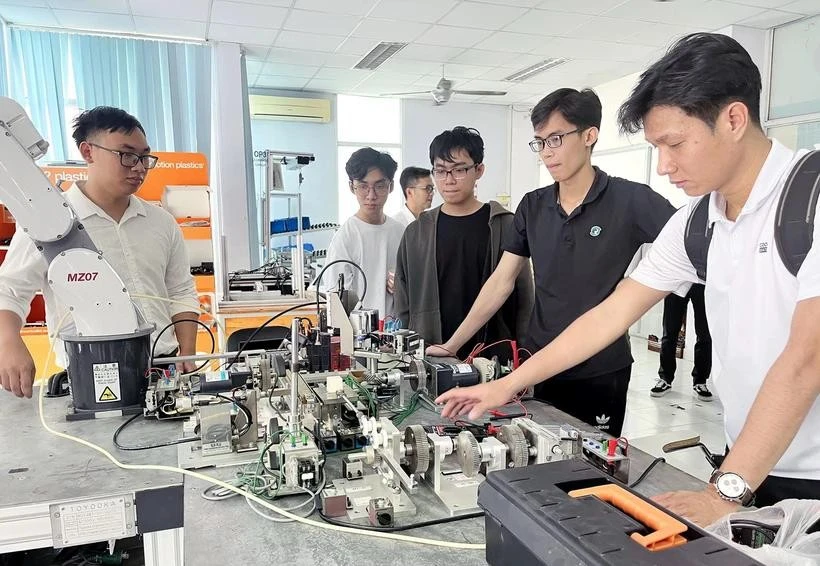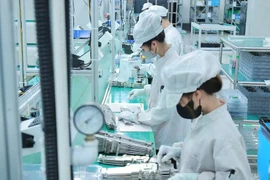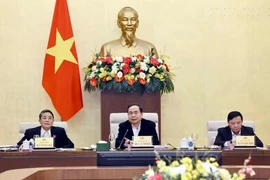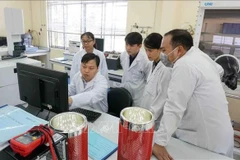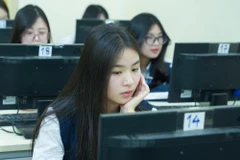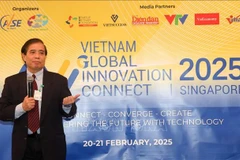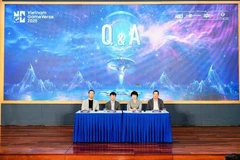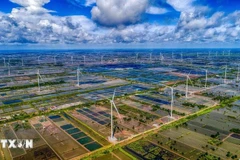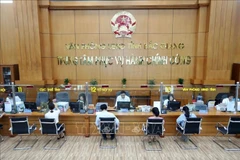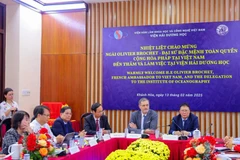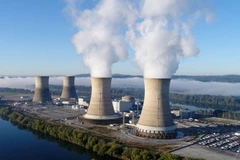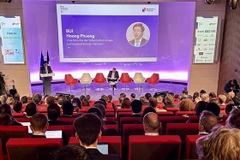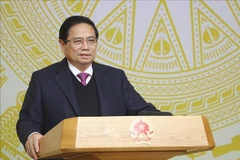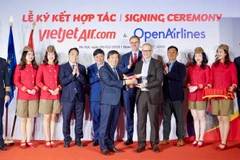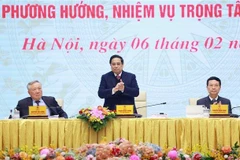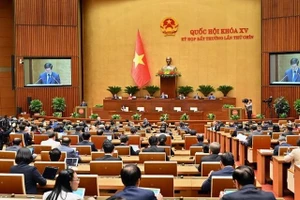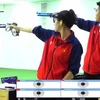Hanoi (VNA) - Deputy Prime Minister Le Thanh Long has signed a decision approving a project on developing networks of technology talent training centres by 2030.
The project aims to establish at least one or two networks of such centres in each priority technology sector serving Industry 4.0.
Especially, at least two to three networks of excellence and talent training centres will be established across the northern, central, and southern regions, to provide talents in the areas of artificial intelligence, semiconductor industry, and biotechnology. Each network will be led by a key university, along with at least five other universities and domestic and international enterprises.
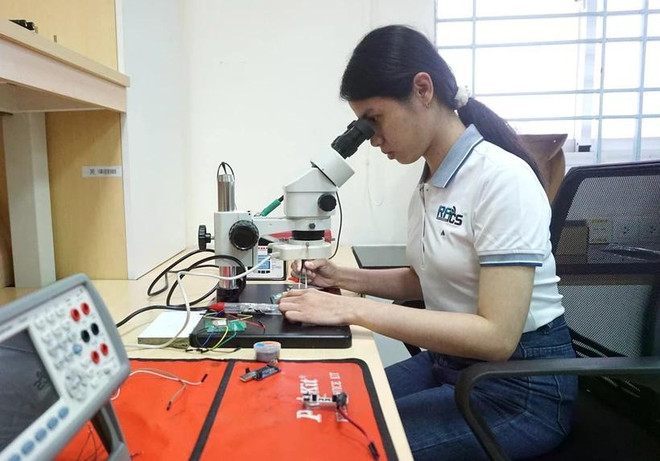
Meanwhile, at least one programme on adaptive training, re-skilling, up-skilling, and specialised training will be organised by each network to develop human resources in priority technology fields.
Each network is expected to attract at least 100 talented scientists and experts who are overseas Vietnamese and foreigners to teach and conduct scientific research at universities in Vietnam.
Tasks outlined for the project concentrate on researching, reviewing, and proposing mechanisms and policies to create breakthroughs in training activities in some priority technology areas; establishing, increasing, and developing talent training centres in key technology fields; developing and improving teaching, research, innovation, and entrepreneurship capabilities at such centre in some priority technology areas; and promoting international cooperation and integration in training for several priority technology areas.
The project will study and propose amendments to policies supporting state investment in infrastructure and equipment for training, scientific research, innovation, and entrepreneurship, based on investment cooperation between enterprises and universities.
It will support the development of collaborative models linking universities with sci-tech organisations and businesses to facilitate training, scientific research, technology transfer, innovation, and entrepreneurship.
Additionally, an information-sharing and advisory mechanism on priority policies for training, scientific research, and application in prioritised technology fields will be implemented.
Select universities will be developed into core hubs for these networks at the postgraduate level in artificial intelligence and semiconductors; next-generation networking, smart cybersecurity and multimedia communications; educational technology; new materials, construction technology, and smart transport and infrastructure; biotechnology for agriculture, industry, and biomedicine; and renewable and hydrogen energy.
The project will also prioritise implementing ministerial and sectoral-level science and technology initiatives, supporting technology transfer and innovation in universities to create priority technological products./.
